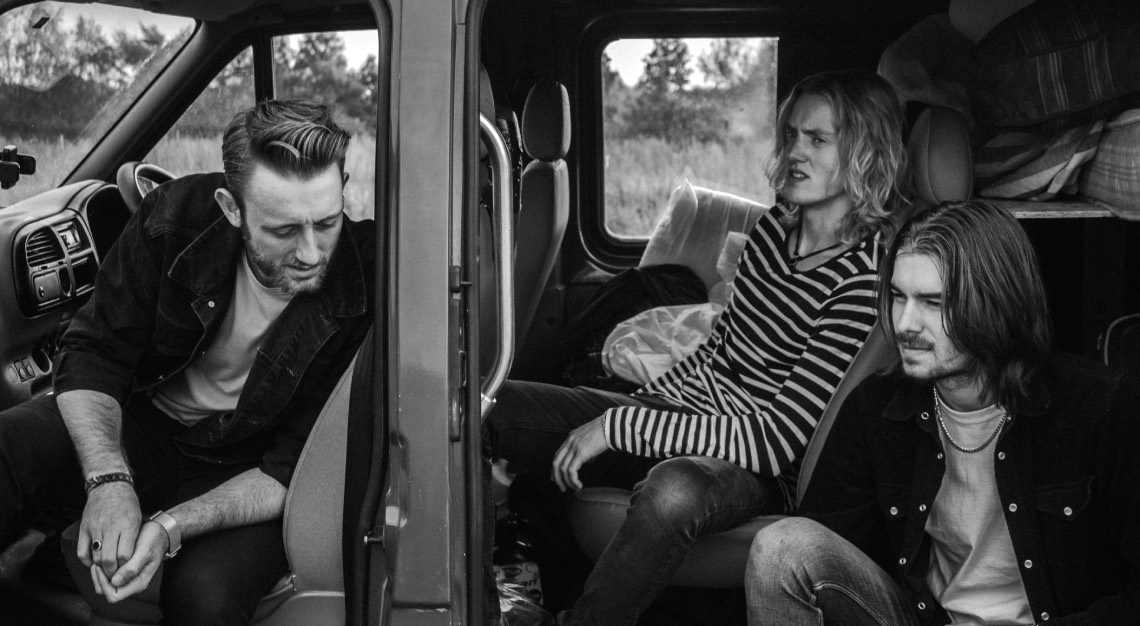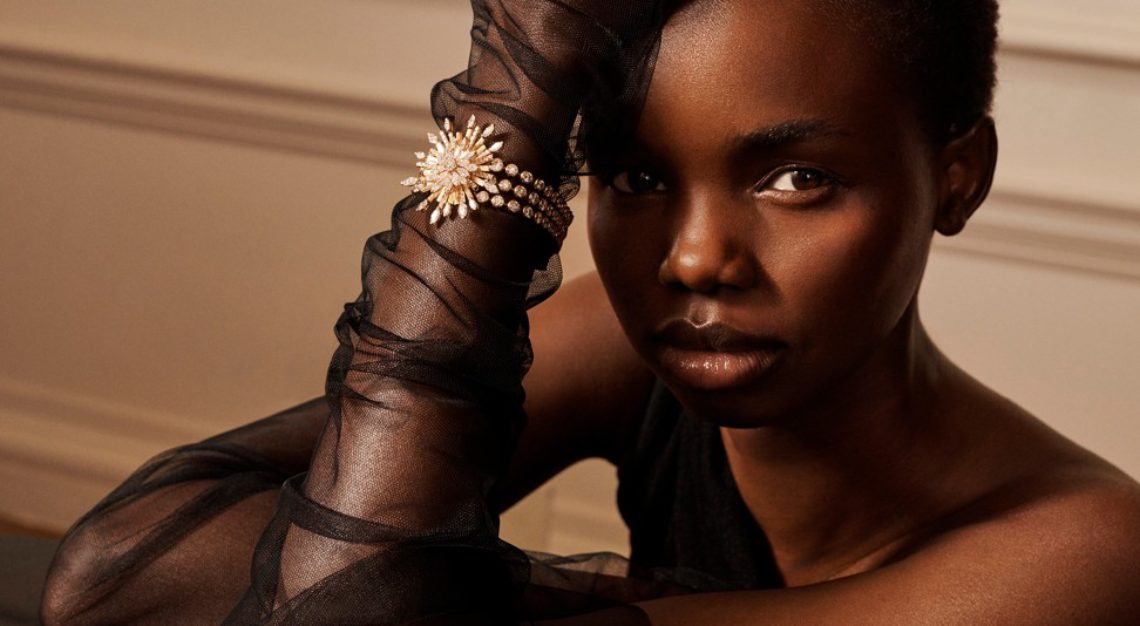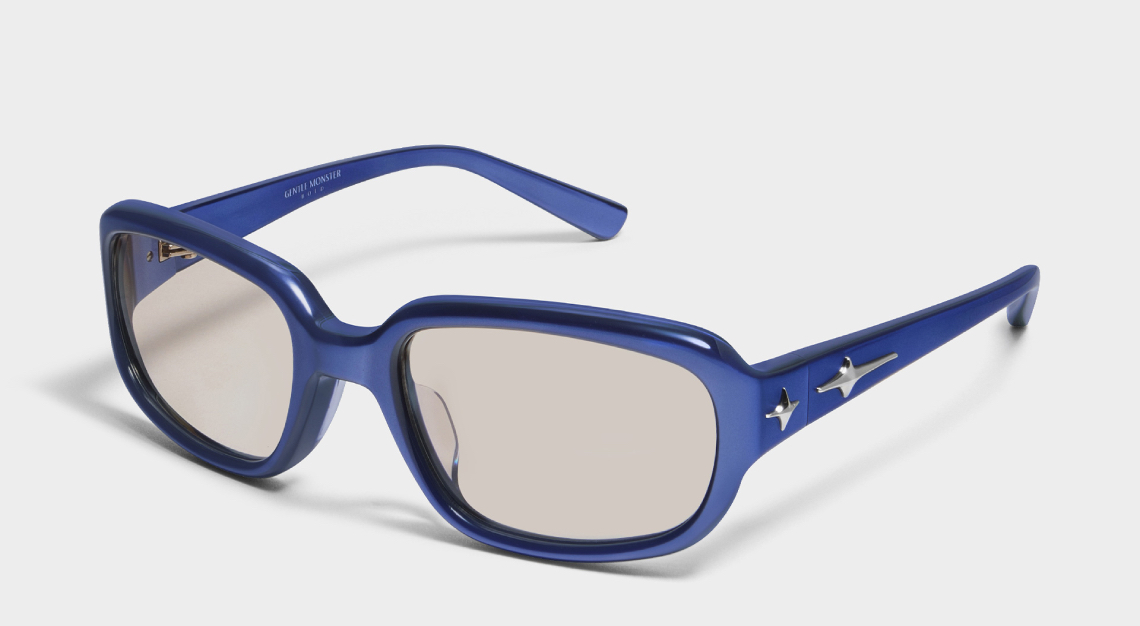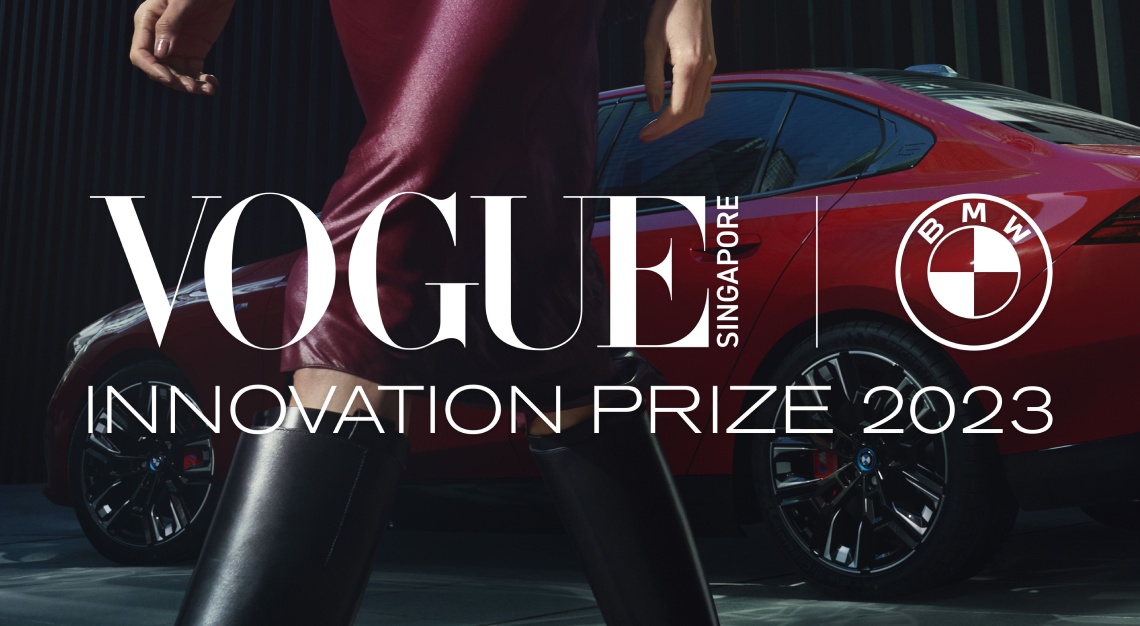LVMH, Europe’s largest luxury company, has a similar deal in place with Alibaba
TikTok has finally gotten into the e-commerce game, and it’s hoping to work with some pretty big names in the luxury world to make sure its experiments are a success.
The app is in talks with LVMH about a plan that would see the two work together to limit the amount of fake goods sold on TikTok, Bloomberg reported on 11 January 2024. LVMH, Europe’s largest luxury company, oversees dozens of brands including Louis Vuitton, Christian Dior, Tiffany & Co., and TAG Heuer.
The goal is to create an “elevated shopping experience,” Toto Haba, the senior vice president of global omni-marketing for the LVMH-owned Benefit Cosmetics, told Bloomberg. “It’s important for us to guard our IP… TikTok and ByteDance seem much more willing to talk with us on that and set the right guardrails.”
A spokesperson for Benefit reached out to Robb Report to clarify that Haba is only speaking on behalf of the cosmetics brand, adding that LVMH is not pursuing a partnership with TikTok. LVMH does have a similar agreement in place with Alibaba, though, in which the two work together to remove counterfeit goods from the Tmall marketplace. When fake products are sold to consumers on a certain platform—a deceptive practise to begin with—it can give brands pause from selling on that platform, since it can decrease the value of the actual product.
On TikTok, which launched shopping in the United States last year, users can buy items directly through videos or via a tab that’s laid out like a more traditional online-shopping site. Some brands have been early to the party, like Benefit and the fashion retailer Revolve, but many have been more hesitant to hawk their wares on the app. TikTok, though, is trying to entice brands to sell with them, and the app is hoping to increase its American e-comm business to US$17.5 billion this year, 10 times its current value, Bloomberg has reported.
While it’s always the safest bet to buy directly from a retailer creating a given product, third-party sellers can list items on TikTok, and pre-owned items can be sold as well. While Louis Vuitton doesn’t sell its products on the app, for example, LV-branded accessories still pop up, and many appear when you search for the misspelled “Luis” Vuitton, according to Bloomberg. This potential partnership with LVMH would ideally clean up those dubious LV bags.
Maybe someday soon, you’ll even be able to buy a Speedy direct from a Louis Vuitton video on TikTok. The future really has arrived.
This story was first published on Robb Report USA. Featured photo by CFOTO/Future Publishing via Getty Images






